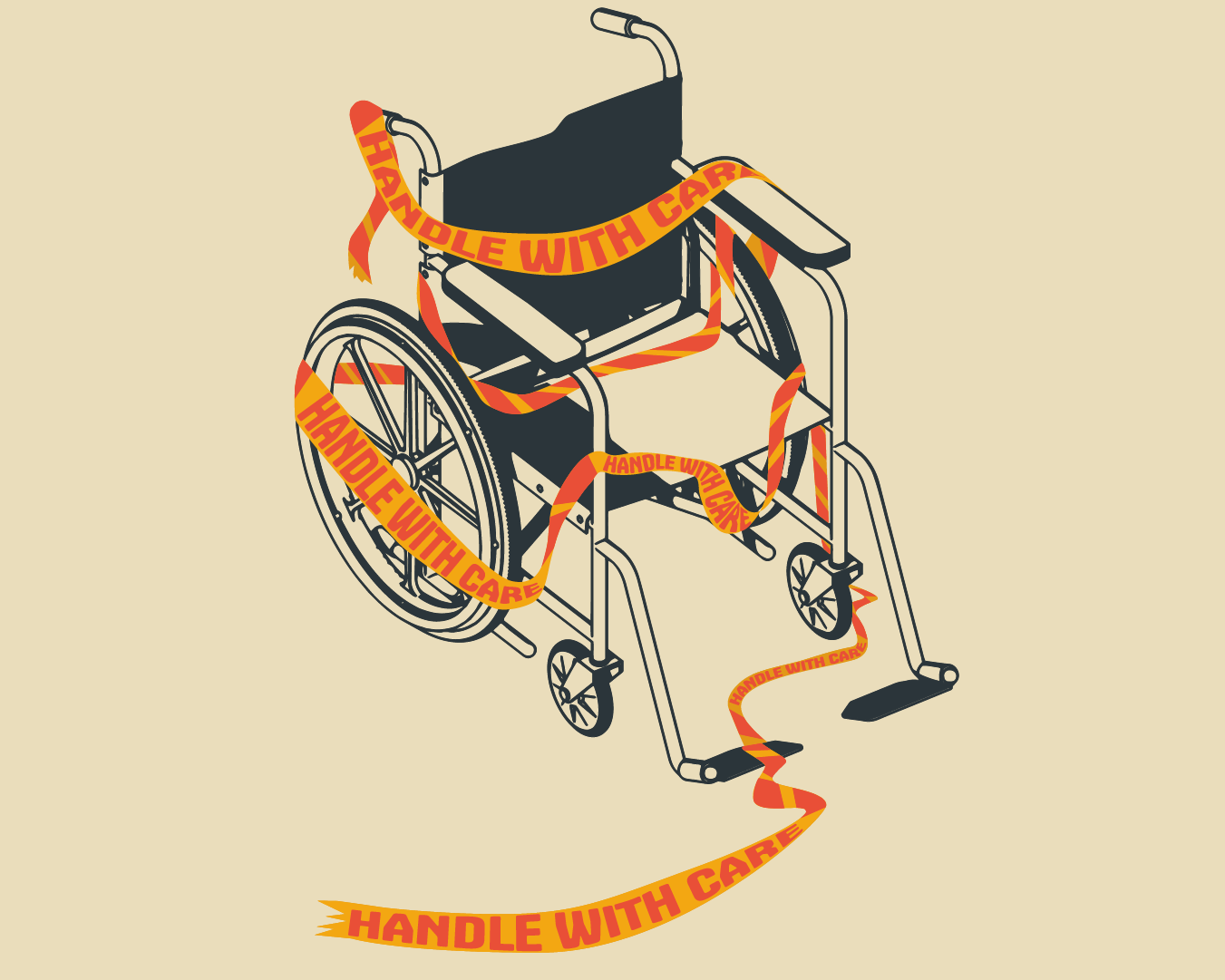"They threw the wheelchair in a skip": Police violence is spreading fear in disabled communities
A new bill to expand DWP powers could increase the risk of harm to disabled people – by the very people meant to protect them.
When Olivia Johnson was found self-harming by a member of the public in 2017 she hoped help was on the way. When the ambulance arrived the police came with it. Olivia was crying and upset, but compliant – she was still treated with aggression.
“I was ‘crazy’ in their eyes,” Olivia tells The Lead. Instead of a…




